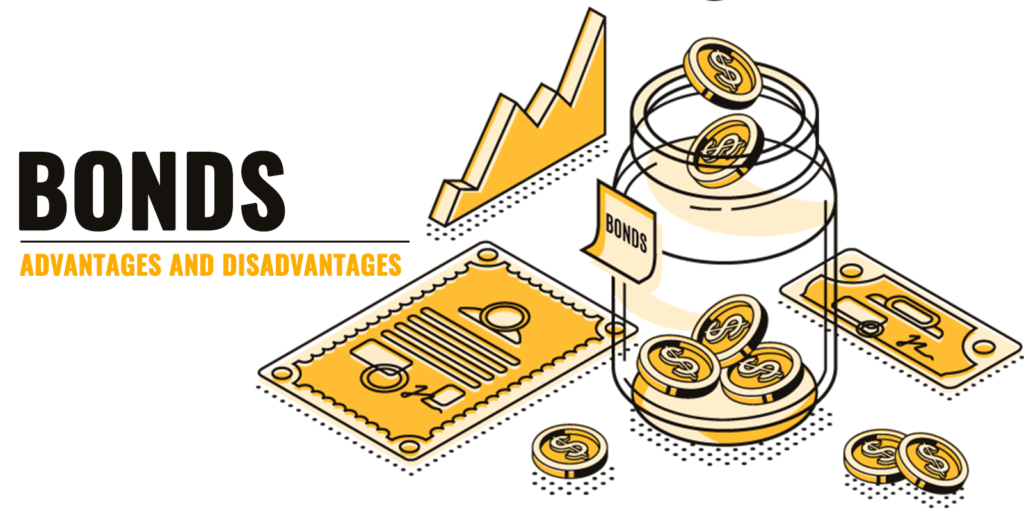The pros and cons of bonds
Contents
As an investor, you should know the pros and cons of bonds. This would help you pick the right bond and stay away from the volatile ones that can suck up your fund.
In a bond fund, your fund manager would tell you about the pros and cons of bonds. That can help you before he begins to invest for you.

What to know about the pros and cons of bonds
The flexibility of bond investment makes it a tempting business. The fluctuation of bonds is what makes the difference. You either buy or sell to make a profit or loss at this period.
That is the reason why people learn more about the pros and cons of bonds before they take up any bond.
The price of bonds decreases when interest rates are on the rise, making it tricky for those who want to sell before maturity dates.
The pros and cons of bonds to know
Advantages
Bonds have benefits over other securities in the market. Bonds’ volatility is less volatile compared to stocks, especially the short/medium-term bonds.
Bond investments are safer to use than stocks. The pros and cons of bonds clearly show in the volatility of bonds vs stocks.
The interest rate of bonds is higher compared to the general level of dividend payments.
You should know that when it comes to the pros and cons of bonds, bonds are often liquid. That means bonds are easier to sell in large numbers without affecting the price of the bonds much.
Stocks do not enjoy such benefits. Investing in bonds is appealing because of the comparative certainty of paying fixed interest.
What to know about the pros and cons of bonds
The interest rate of bonds is paid twice a year and a fixed lump sum on maturity.
Bondholders enjoy some measure of legal protection. What this means is that, if companies go bankrupt, you might not get your complete money. The bondholders receive what we called the redemption amount.

When this happens, these bankrupt companies’ shares end up with no value.
Investing in bonds is great because they come with outsourcing contracts and covenants. The contract is a formal debt agreement, which sets out the terms for issuing bonds.
The covenants are terms of such an agreement, and they specify the rights of bondholders and the duties of issuers.
The reasons why you should know about the pros and cons of bonds
Disadvantages
Talking about the pros and cons of bonds should list the disadvantage of bonds. While bonds have amazing benefits, it also has a disadvantage you should know.
When you compare bonds to real estate, gold, and gold, the interest rate is often lower. That is the reason why people who want a better rate do not invest in bonds.
The risk of companies going bankrupt is a drawback. You might buy bonds from a struggling company without knowing and get in a difficult situation.

The impact of recession cannot be overlooked when it comes to investing in bonds. Bonds would not yield interest during a recession. You can lose your principal amount during the recession.
The pros and cons of bonds include years of investment. You could have your bond stuck for a dozen years for the long-term bonds.
If your bond investment is for the long-term, the interest rate is low and you have to wait until maturity. You could have invested in other instruments.
Bonds do not allow you to take risks. Some people have their money tied to bonds because of retirement. For someone who wants to take risks and make more money, bonds are not the right investment.
These are some of the pros and cons of bonds to know before you make your investment in the instrument.


